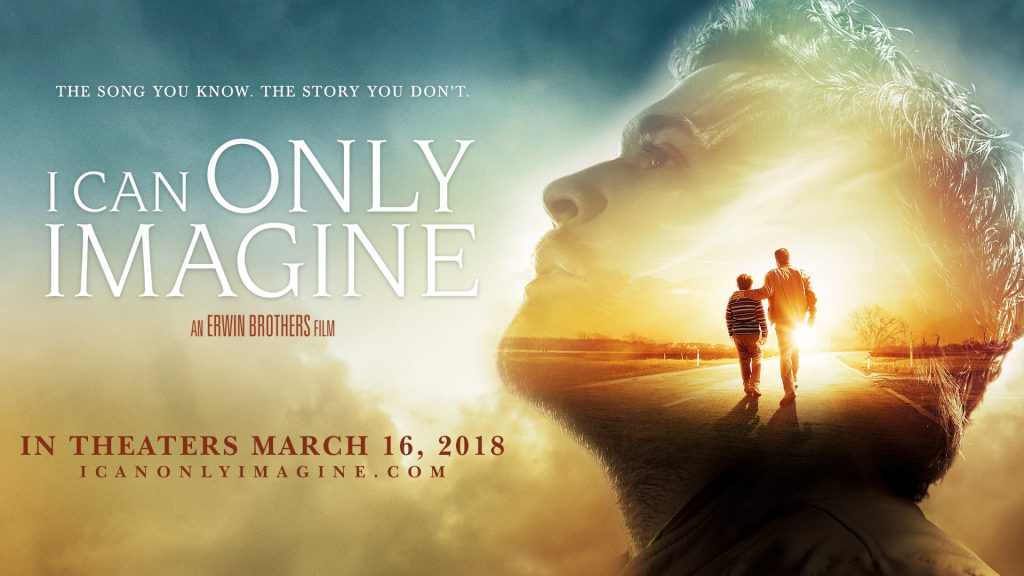We have just finished a series of posts about love for #MondayMeditation. This series was prompted by two things. The first was a comment saying that Christians are the most hateful people on Earth. This saddened and surprised me since I grew up believing that the the most important characteristic of a Christian is love. There was even a song: They’ll Know We Are Christians By Our Love. (Listen below.) The second was this quotation that a friend shared on her Facebook page:
The only clear line I draw these days is this: when my religion tries to come between me and my neighbor, I will choose my neighbor. Jesus never commanded me to love my religion.
~Rev. Barbara Brown Taylor
I thought it was a good sentiment. In many of my posts on this blog, I have quoted Matthew 22:36-40 where Jesus tells us that the most important commandment is to love God, and the second most important commandment is to love our neighbour. So I was surprised by the the number of people who argued the point. People said things like it was okay to love your neighbour, but you shouldn’t like their sin. You definitely shouldn’t want to be like your neighbour. There was a lot of talk about whether religion was right or wrong. And there was even a comment saying that "neighbor" was spelled wrong. (Besides missing the point entirely, that is the correct spelling of neighbour if you live in the United States.)
The problem with the word religion in this conversation (and any other) is that it means different things to different people. To some it simply means a relationship with God. To others it means rules, a code of conduct, a series of rituals. It is not a clearly defined term, because it is in fact a set of beliefs. So the definition of religion varies as a person's beliefs vary.
The word religion itself does not specify what the beliefs are. Jesus consistently condemned the religion of the Pharisees. He called them hypocrites and a brood of vipers (Matthew 23:23-33). That doesn’t make it sound like religion is a good thing. So James explained what pure and undefiled religion is in the sight of God (James 1:27). Religion, therefore, is bad if your beliefs are bad, and religion is good if your beliefs are good. Every single person on Earth gets to define their own beliefs. God will approve of some, and not of others. But this much Jesus made very clear: He wants us to love one another, and that is how people will know that we are His followers (John 13:34-35, John 15:12-17, Colossians 3:12-14, 1 Corinthians 13:1, and many others).
Nowhere in the original post did it say anything about becoming like your neighbour or liking their sin. I’m pretty sure they don’t like our sin either. But aside from the fact that we all sin, Jesus made it clear that the most important commandment is to love God, and the second most important commandment is love other people (Matthew 22:37-39). And beyond that Jesus also told us to love our enemies (Matthew 5:43-48). So IF your religion makes you love others, excellent. But IF it conflicts with loving others, it is going to fall into the bad religion category. I am not convinced that the original poster will ever have a problem with this, but since she probably attends some denomination of church which will have its own definition of its beliefs, it is possible that she might have different views than her church one day. IF that day comes, she will choose love. I think it’s a good policy.


